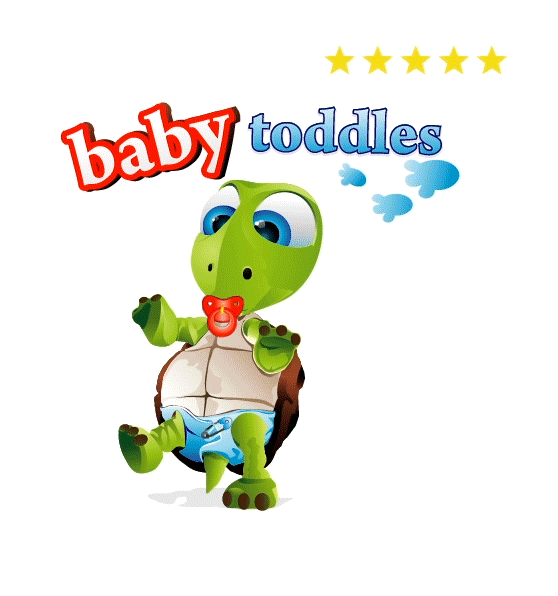Blog
11 Age-appropriate Ways To Handle Separation Anxiety In Children
For the first few months of existence, babies can not differentiate caregivers from strangers. When they cry, they can easily be calmed and comforted by any individual who make them feel loved and protected, regardless of relationship. By approximately 6 to 8 months, babies can now identify their main care giver and know that there is only one Mommy and Daddy. Thus, once the child is offered by his parents to be carried by someone unfamiliar to him, the little one begins to cry, inconsolable by any person other than his parents. This phase of the baby’s development is known as “stranger anxiety”.
As the child begins to outgrow stranger anxiety, he would then have to go through one more stage of social development called “separation anxiety”. Separation anxiety occurs when the baby, who has developed emotional attachment and security with his mother and father, feels troubled when his parents are gone. A child can display his anxiety in many behaviors such as crying, shyness, clinginess, unusual silence, and unwillingness to interact with other familiar individuals close to him.
Although separation anxiety is normal and temporary, the child need to be helped in some ways. Separation may be observed by the baby as a traumatic and distressful event in his life, that can have a lasting mental and emotional effect. Here are some methods to alleviate a baby’s separation anxiety.
For babies and toddlers:
1. If you plan to leave, schedule it right after the baby’s nap or feeding. It is observed that babies are less vulnerable to anxiety when they are full and fresh from a nap.
2. Acclimatize your child by training separation for shorter durations and distances. A good example is when your baby makes an attempt to head off to the kitchen area and you are left in the living room, wait around for several minutes before going after him. In this way, you are developing his feeling of independence.
3. If you are a working parent, have your baby a consistent primary caregiver. It is ideal that you leave your little one with a caregiver who can be there for your child from infancy into toddlerhood.
4. If you need to leave your kid briefly under the care of a relative, it is better to ask your relative to come to your house, instead of dropping your kid off to your relative’s house.
5. Try to create a consistent “goodbye” habit (e.g. basic wave or a distinctive kiss) and inform him that you need to go and that you will be back again very soon. Avoid repeating your goodbye ritual every time you leave. This can only make your baby more uneasy and insecure.
6. Above all, maintain a calm, strong and positive attitude toward your kid every time you leave. Kids are highly sensitive to your facial expression and can perceive from your voice and gestures. Showing your child that you are also emotionally affected could only intensify anxiousness in your baby.
For young kids:
7. Establish trust and security with your little one by honoring time commitments. For instance, be sure to pick him up from day care or return home at the specified time. In this way, he will feel that your word can be trusted, so that the next time you leave and say that you will be back again, the kid could feel less anxious simply because he is already convinced that you will indeed be back as promised.
8. Make your kid feel that you care about his feelings by telling him that you will miss him too every single time you leave. Make an effort to explain why you need to leave him temporarily (e.g. you need to go to work so your can buy him milk), but assure him that you should be back very soon.
9. Read your kid with children’s story books which tell about brave characters, and cite those times when he was brave and has done something independently just like the hero in the tale. Role-playing has a big effect in molding the kid’s behavior.
10. When separation is set at a later date and you plan to have him taken cared of by a relative, it is very best to talk to your kid about it in advance. Help him prepare for that day by anticipating positive outcomes and telling him how you can be reached if necessary.
11. If possible, make a call and talk to your kid over the phone while you are away. Ask him how he is doing and tell him about feel-good stories. Hearing your voice could make him feel secure and less anxious.
Remember, kids will generally outgrow separation anxiety by age 5. By then, they are able to spend time in the absence of their mothers and fathers with less stress and anxiety. Helping your baby ease his separation anxiety will allow him to get exposed to the real world, to experience life to the fullest and to explore new things and horizons.
To receive more parenting tips in your inbox, please visit http://www.gagazine.com and subscribe to our newsletter.

